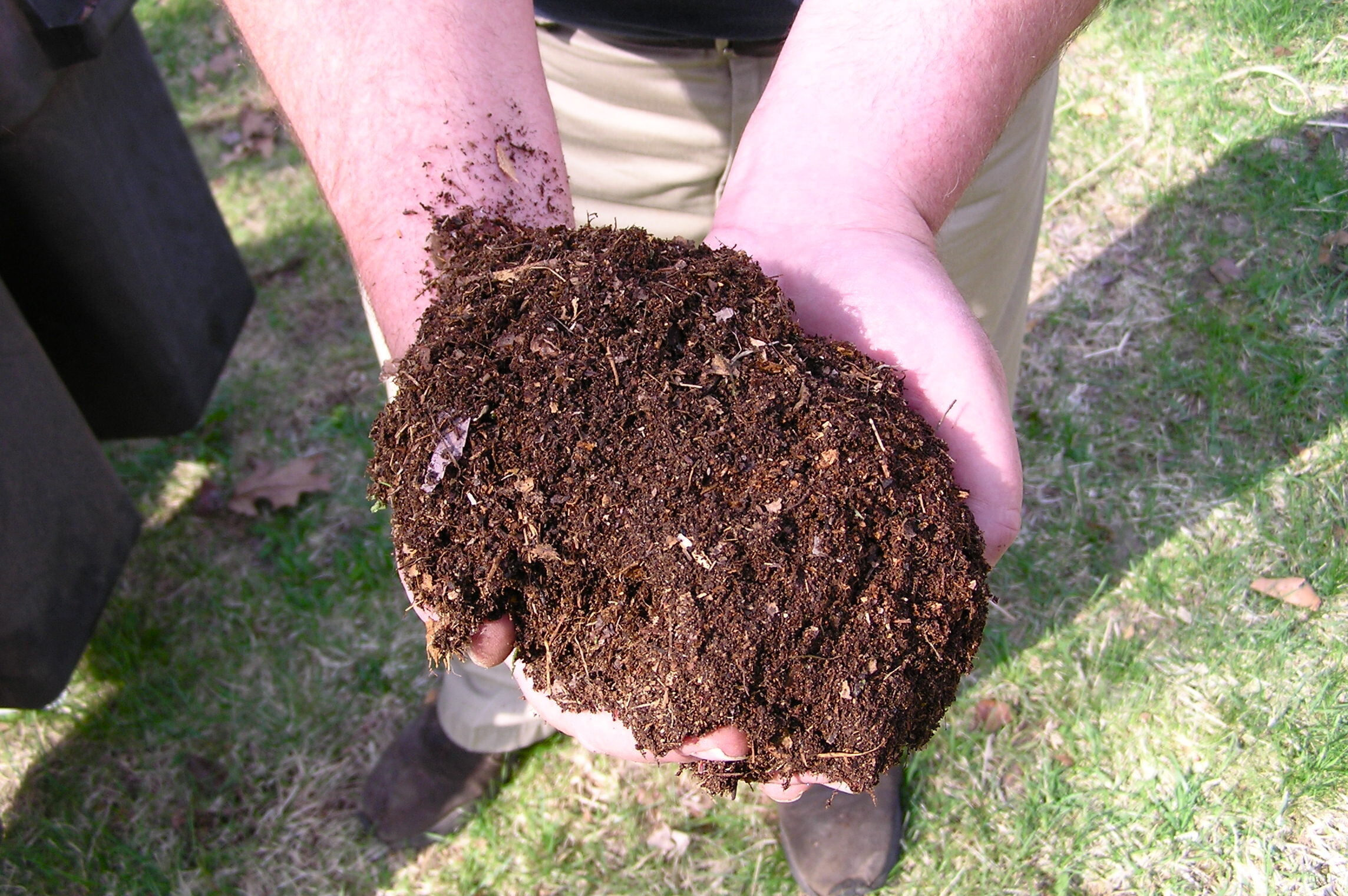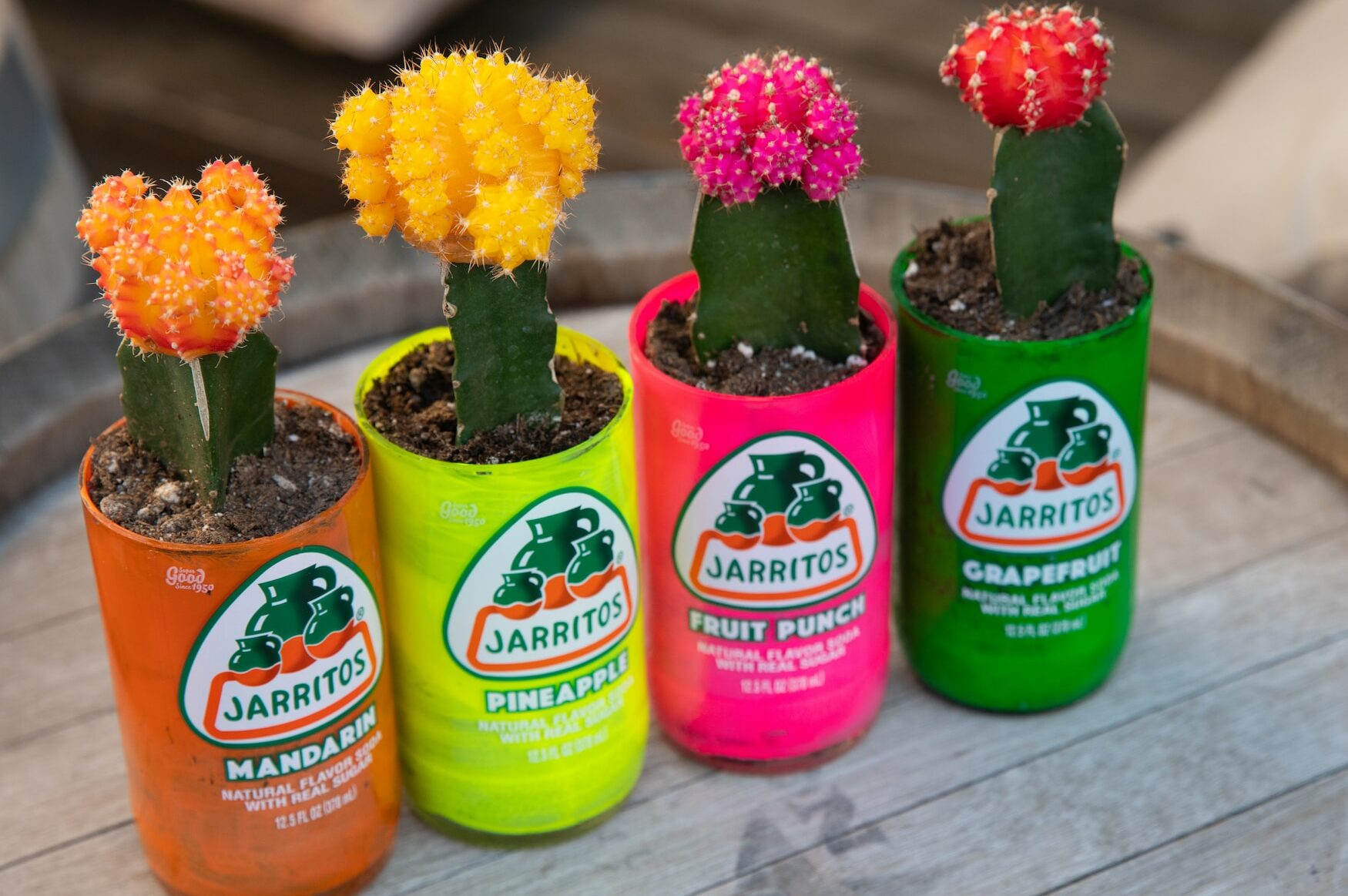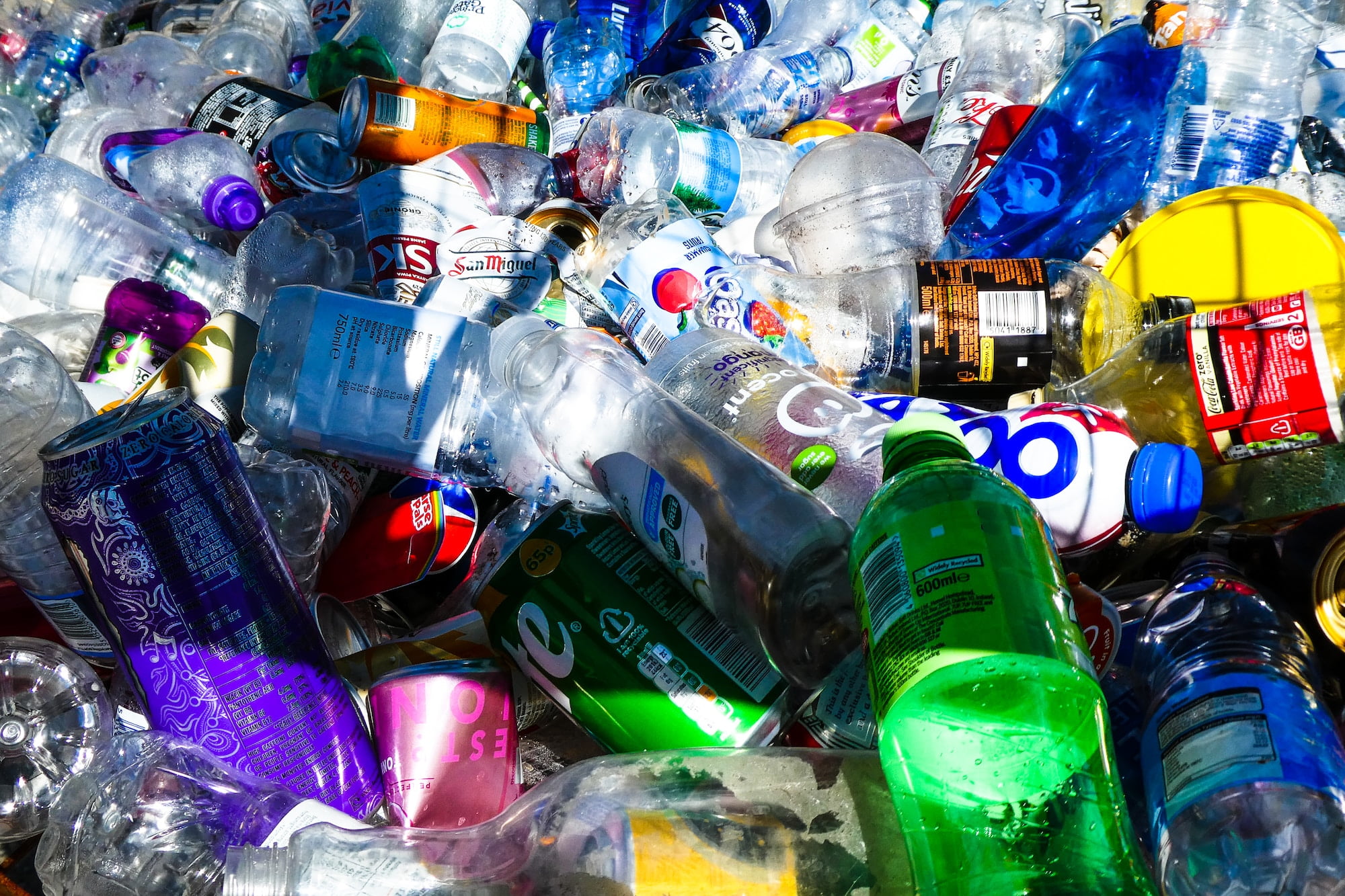In today’s world, reducing waste, reusing resources, and recycling materials cannot be overstated. As our global population continues to grow, the need to embrace sustainable practices becomes even more critical. By practicing the three R’s – reduce, reuse, and recycle – we can all contribute to a more sustainable and eco-friendly lifestyle. In this blog post, we’ll share some easy tips to help you get started on your journey toward greener living.
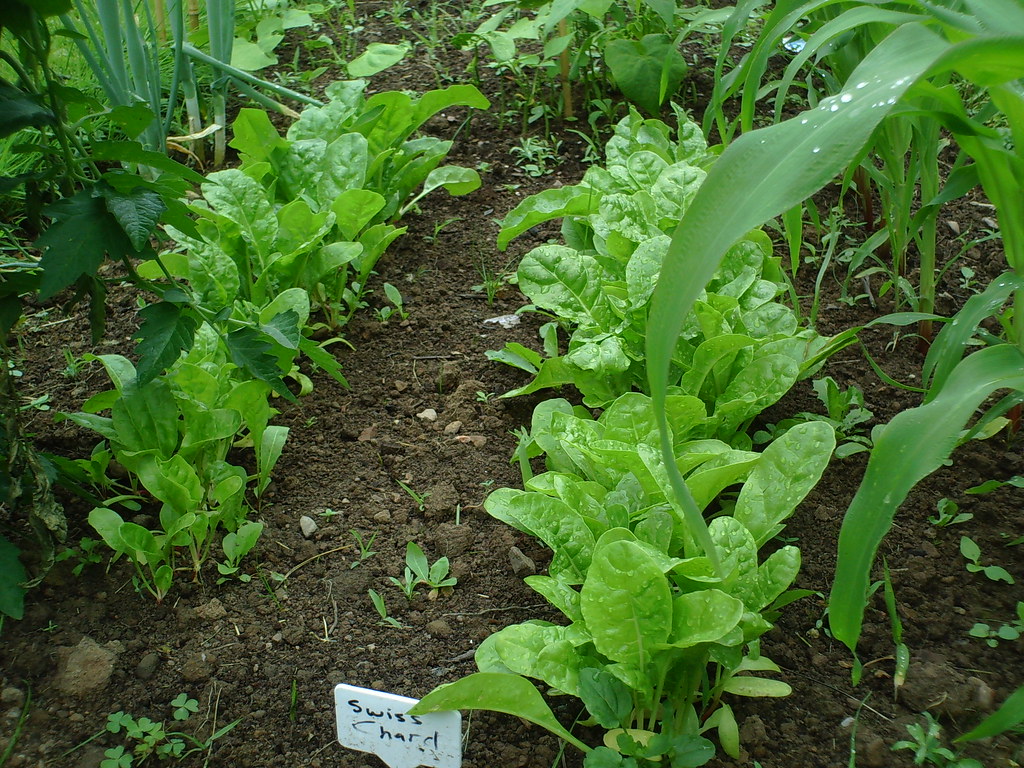
Reduce
The first and most important step towards sustainable living is reducing the waste we generate. By consuming fewer resources and minimizing our environmental footprint, we can help to conserve precious natural resources and reduce pollution.
- Shop smart: Plan your meals and grocery shopping to avoid purchasing more food than you need. Bring your reusable bags and containers to the store and opt for package-free or minimal packaging options. Buy in bulk to reduce packaging waste and save money.
- Be energy efficient: Save energy by turning off lights and appliances when not in use, using energy-efficient light bulbs, and investing in energy-efficient appliances. Unplug chargers and electronics when they’re not in use to avoid “vampire energy” waste.
- Save water: Turn off the faucet while brushing your teeth, fix leaks, and use water-saving appliances. Collect rainwater for watering plants or consider installing a greywater system for landscape irrigation.
- Opt for reusable items: Replace disposable products with reusable alternatives, like cloth napkins, reusable water bottles, and shopping bags. Invest in a reusable coffee cup or thermos for your daily caffeine fix.
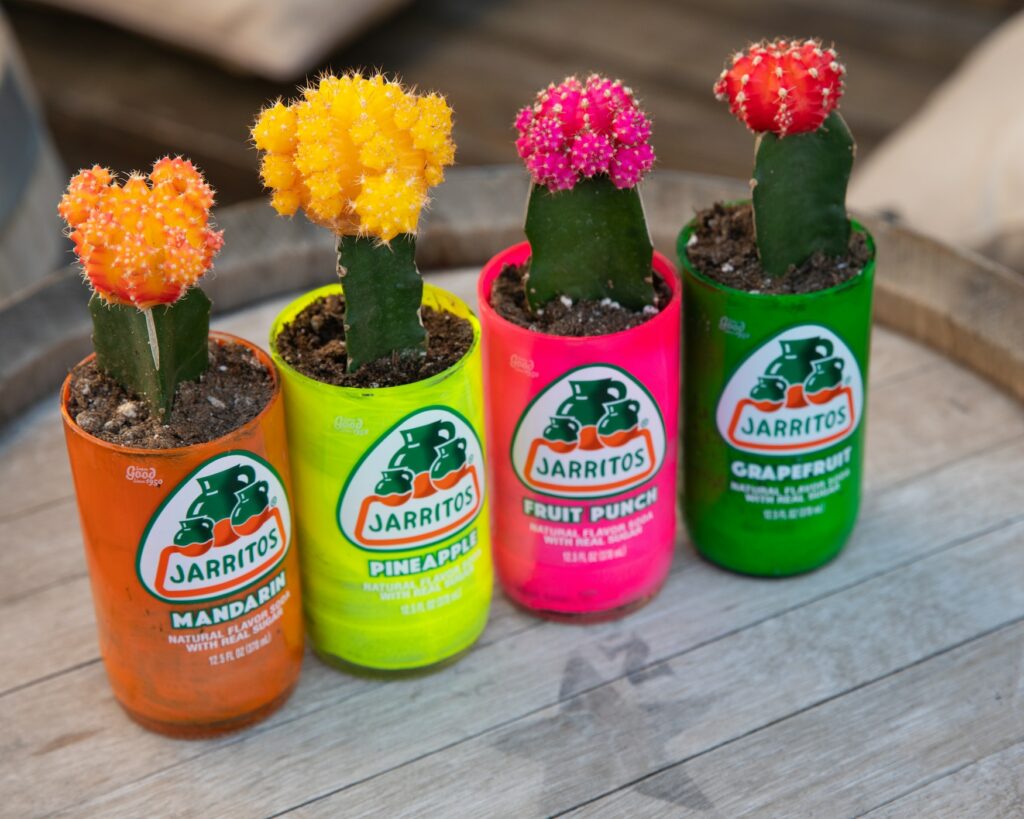
Reuse
Finding creative ways to reuse items not only helps to reduce waste but can also save you money. Here are some ideas for reusing common household items:
- Repurpose glass jars and containers: Use them for storage, as candle holders, or even as planters for small plants.
- Upcycle old clothing: Transform worn-out clothes into cleaning rags, reusable shopping bags, or quilts. You can also donate gently used clothing to thrift stores or charities.
- Reuse plastic bags: If you have a stash of plastic bags, use them as trash can liners, pet waste bags, or for packing material when shipping items.
- Freecycle: If you no longer need an item, consider giving it away to someone who can use it. Join local freecycle groups or host a garage sale to pass on items you no longer need.

Recycle
Recycling helps reduce waste sent to landfills and conserves natural resources by turning used materials into new products. Here’s how you can improve your recycling habits:
- Know your local recycling rules: Familiarize yourself with your local recycling guidelines, as they vary between municipalities. Some items, like batteries and electronics, may require special disposal methods.
- Rinse and sort: Rinse containers before recycling to prevent contamination and sort recyclables according to local guidelines.
- Compost: Start a compost bin or pile in your backyard to recycle organic waste, like fruit and vegetable scraps, coffee grounds, and eggshells. Compost provides valuable nutrients for your garden and helps to reduce the amount of waste sent to landfills.
- Recycle electronics: E-waste contains toxic materials that can harm the environment if not disposed of properly. Many electronics retailers and community recycling programs offer e-waste recycling options.
Wrapping Up
By incorporating the three R’s – reduce, reuse, and recycle – into our daily lives, we can significantly impact the environment and contribute to a more sustainable future. Small changes can add up over time, making it easier to embrace greener habits without feeling overwhelmed. By being mindful of our consumption, finding creative ways to repurpose items, and diligently recycling, we can help to conserve natural resources and minimize waste.
Remember, adopting a sustainable lifestyle is not an all-or-nothing proposition. Start by making small, manageable changes and gradually build on them as you become more comfortable with the process. Encourage friends and family to join your efforts and share your successes and challenges with your community to inspire others to do the same.
Living a greener lifestyle can be both rewarding and fulfilling. As we work together to reduce, reuse, and recycle, we can contribute to a healthier planet and a brighter future for future generations. So start today – every small step makes a difference.

